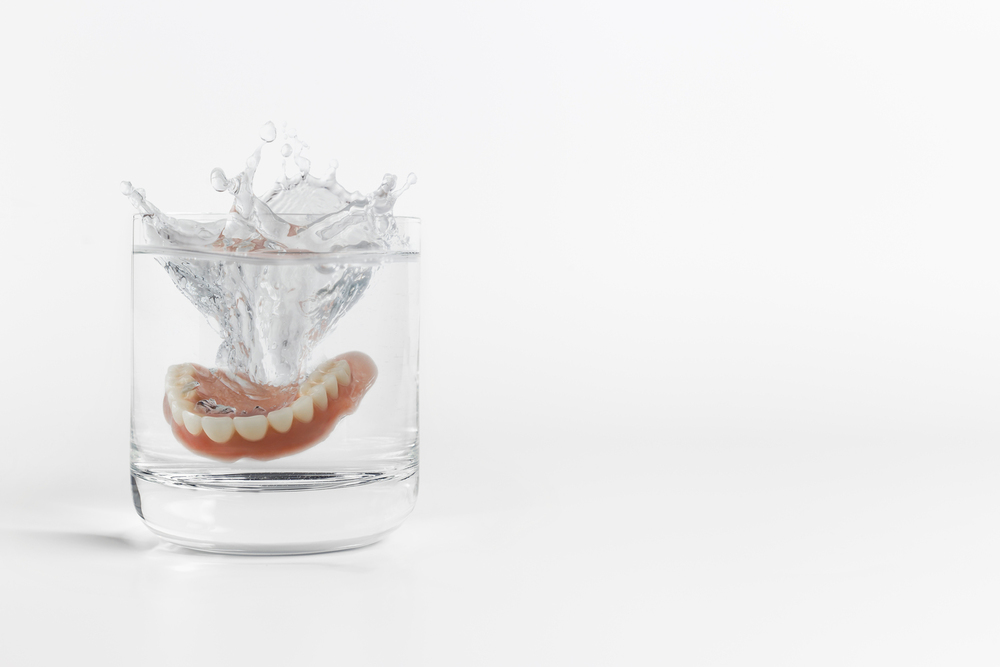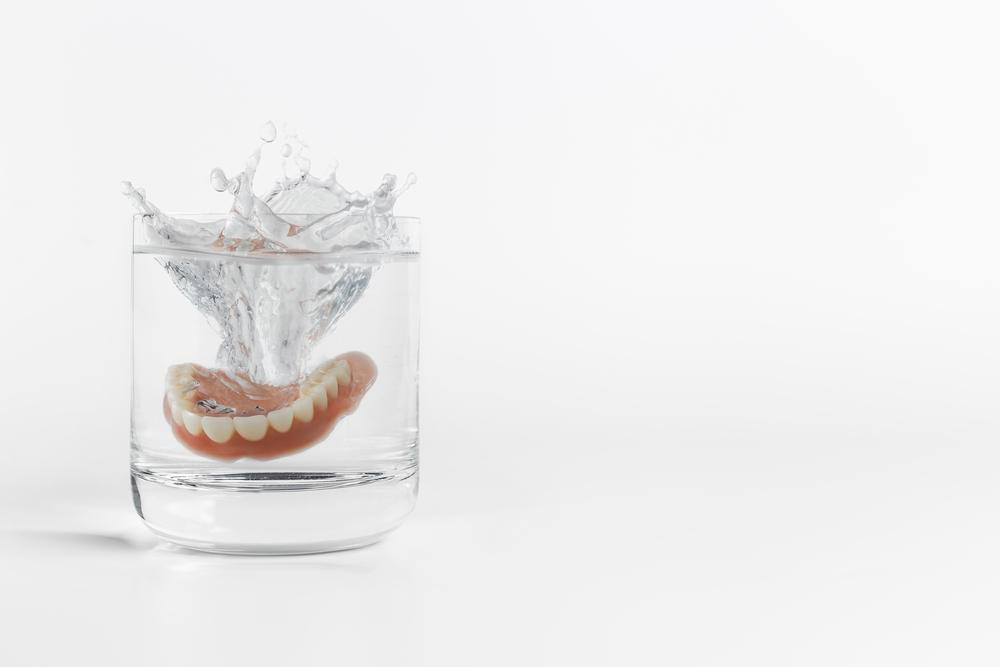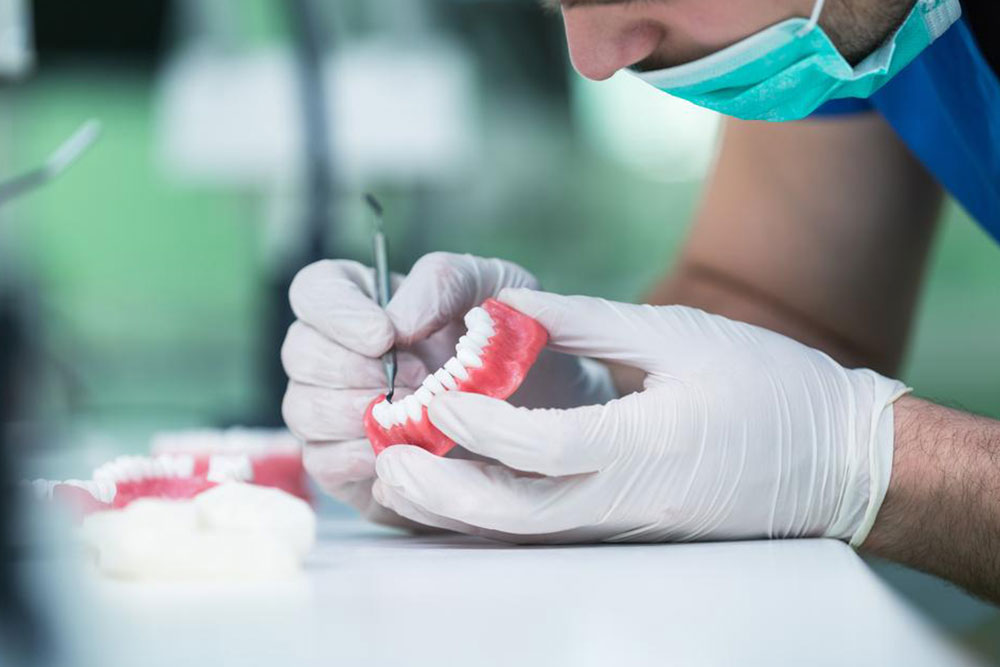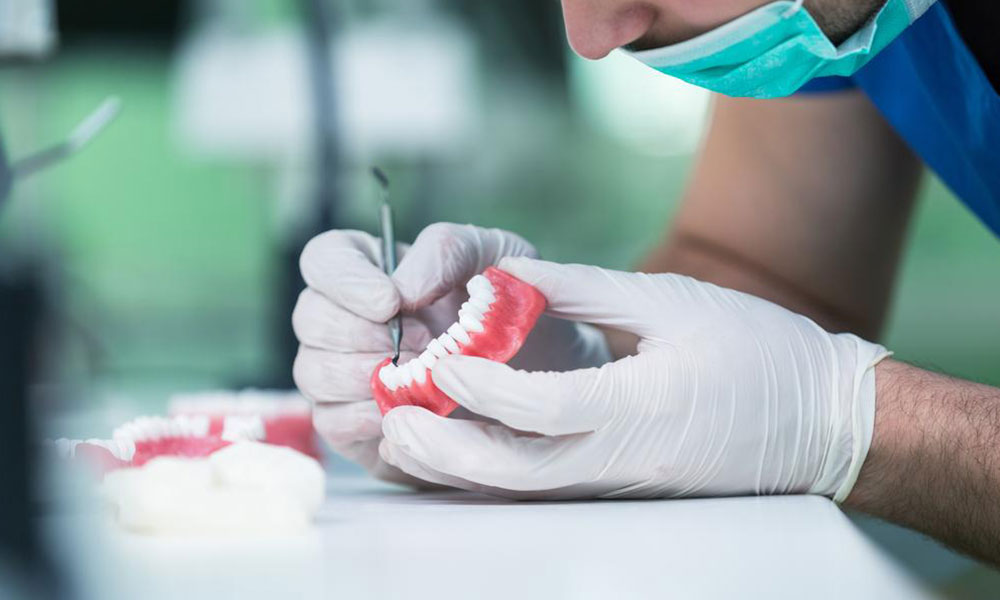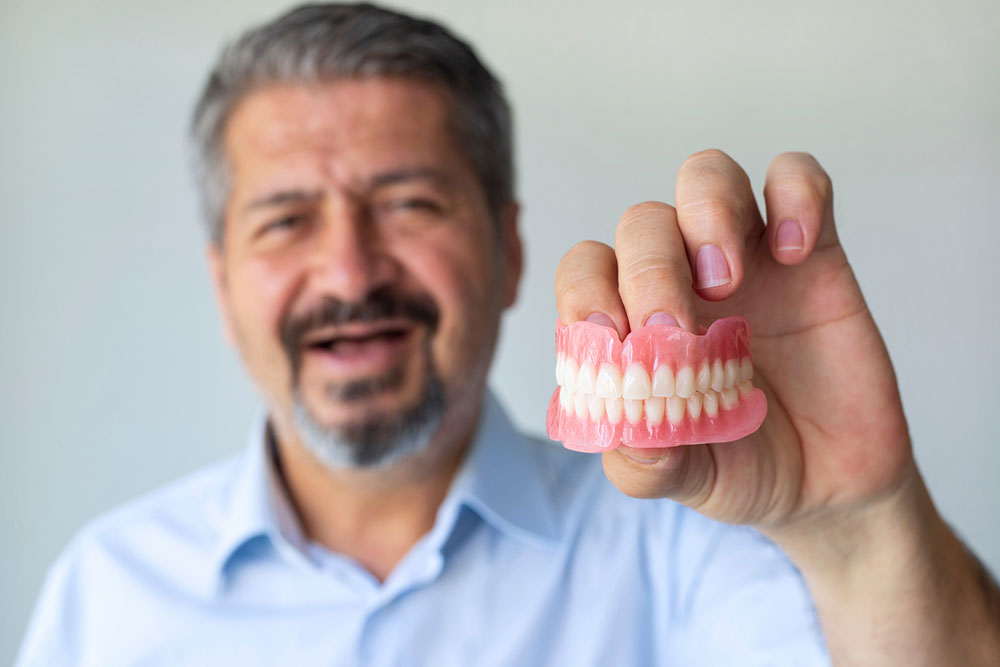Ultimate Guide to Types of Dental Dentures for a Beautiful Smile
This comprehensive guide explores various types of dental dentures including full, partial, immediate, and implant-supported options. It emphasizes the importance of choosing the right denture based on individual needs, oral health, and budget. The article provides detailed insights into the materials used, differences between each type, and considerations for long-term dental health, helping readers make informed decisions for their smile restoration journey.

What You Need to Know About Different Dental Denture Types
Discover the Wide Range of Dental Dentures and Find the Perfect Fit for Your Smile
Dental dentures are essential prosthetic devices designed to restore missing teeth and surrounding oral tissues. They are removable appliances that improve not only your smile but also your overall oral health, speech, and ability to chew. For those seeking a more permanent solution, dental implants offer fixed alternatives that are integrated directly into the jawbone.
Tooth loss can significantly impact your appearance, self-confidence, and health. Fortunately, advances in dental technology have expanded the options available to suit individual preferences, medical needs, and budgets. Consulting with a qualified dentist is vital to determine the most suitable denture type for your specific situation.
Modern dentures are typically made from high-quality acrylic resins, porcelain, or ceramic materials, carefully crafted to match the natural color of your gums and teeth. They come in various forms, including full, partial, immediate, conventional, custom-made, implant-supported, snap-in, and budget-friendly options. The process begins with taking detailed impressions of your jaws to create custom-fit prostheses that ensure comfort and functionality. Once the initial models are approved by you, a final set is fabricated through precise manufacturing techniques to meet aesthetic and functional standards.
Choosing the right type of denture depends on factors such as the extent of tooth loss, your personal preferences, lifestyle, and financial considerations. A professional assessment by a dental prosthetist will help guide you in selecting the most effective solution.
Complete Dentures: These dentures are designed to replace all teeth in either the upper or lower jaw, fitting snugly over the gums. They are custom-made based on detailed measurements of your jaw and mouth structure. Immediate complete dentures can be placed right after tooth extraction to maintain aesthetics and function during healing, although they may require adjustments afterward. Conventional complete dentures are fabricated after a healing period, providing a more precise and comfortable fit, often resulting in better long-term stability.
Partial Dentures: When some natural teeth remain, partial dentures are a practical solution. They attach to existing teeth with clasps or precision attachments, filling in gaps and preventing neighboring teeth from shifting. This not only restores chewing ability but also preserves the alignment of your remaining teeth.
Immediate Dentures: Fitted immediately after tooth removal, these prostheses allow you to leave the dental office with a complete smile. They serve as a temporary measure, helping to ease the transition and maintain facial aesthetics during the healing process. However, because the jawbone changes shape during healing, adjustments and relining are often necessary.
Conventional Full Dentures: Once healing has completed from extractions, these dentures are custom-made to fit your healed gums precisely. They provide enhanced comfort and stability compared to immediate dentures and often last longer due to their better fit.
Budget-Friendly Dentures: Affordable options are available for those on a limited budget. These may not have all the advanced features of premium dentures but can restore basic functions like chewing and appearance. Comparing prices, exploring financing plans, and considering online options can help you find dentures that fit your financial situation.
Custom-Made Dentures: Crafted to closely resemble natural teeth, these dentures use high-quality materials like acrylic, porcelain, or ceramic. They are tailored specifically to your mouth's structure, providing a more natural look and feel. Although they may come at a higher cost, custom dentures often deliver the best aesthetic results and long-term comfort.
Dental Implants as a Long-Term Alternative
For individuals seeking a more permanent and natural-feeling solution, implant-supported dentures are an excellent alternative. These involve surgically inserting titanium or ceramic posts into the jawbone, which serve as anchors for the prosthetic teeth. Typically, four to five implants per arch are used to secure the dentures firmly in place, offering a level of stability and comfort comparable to natural teeth.
Implant-supported dentures eliminate issues associated with traditional removable dentures, such as slipping or the need for adhesives. They are also easier to clean and maintain, promoting better oral hygiene. However, the placement procedure requires surgery and a healing period, making it a costlier option with prices ranging between $29,000 and $39,000 for upper jaws and $25,000 to $31,000 for lower jaws, depending on the case complexity and materials used.
Discussing your needs, oral health status, and budget with your dentist will help determine if implant-supported dentures are suitable for you. Payment plans and insurance coverage might offset some of the costs involved.
Proper maintenance of your dentures and timely replacement or adjustments are vital for preserving oral health, preventing infections, and ensuring your smile remains attractive. With so many options available, personalized professional guidance will help you find the ideal denture type that matches your lifestyle, aesthetic desires, and financial considerations.
